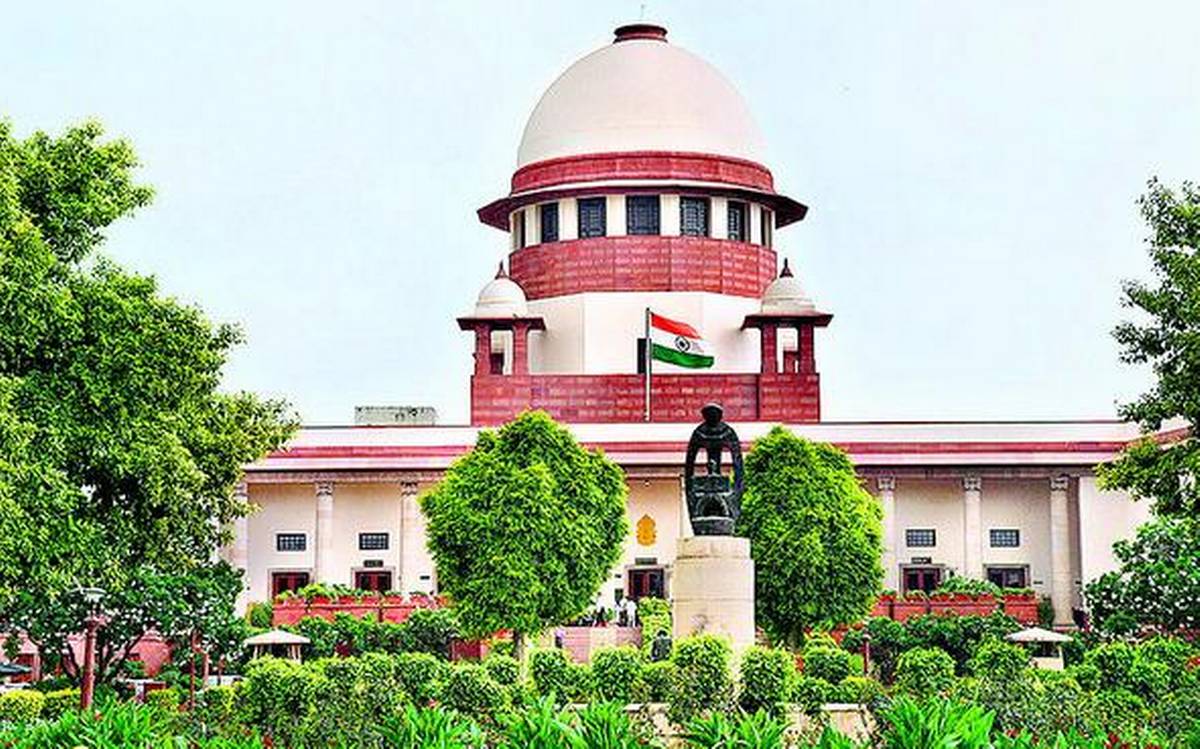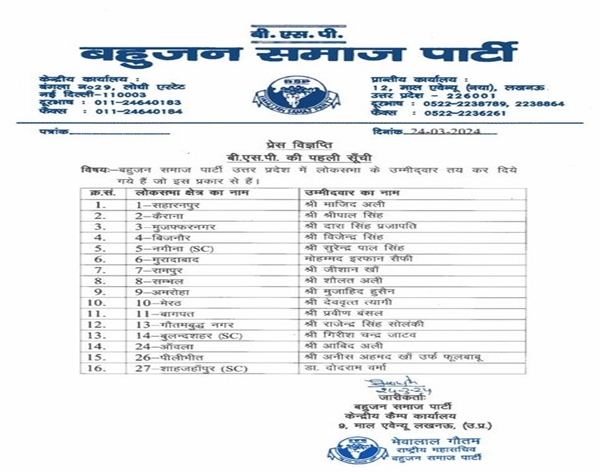The Centre, in an affidavit filed before the Supreme Court, said that it brought amendments to the Waqf Act, 1995, to prevent abuse of waqf legislation, which resulted in the encroachment of government properties, apart from ensuring that the Waqf Boards in the country are properly administered and function with transparency.
The preliminary affidavit filed by the Union Ministry of Minority Affairs said, there have been reported misuse of waqf provisions to encroach private and government properties. The affidavit said, it is really shocking to know that after the amendment brought in the year 2013, there is a 116 per cent rise in auqaf area. The Centre, in its reply document filed before the top court, said that it was found that most of the Waqf Boards have been functioning in the most non-transparent manner and have either not uploaded the details in public domain or have uploaded partial details.
The Union government said that under the old regime, due to the absence of adequate safeguards, government properties and even private properties were declared as waqf properties. It said that the Waqf (Amendment) Act, 2025, was passed with the objective of modernising the management of waqf properties in India through transparent, efficient and inclusive measures. It argued that the reforms introduced are directed solely at the secular and administrative aspects of waqf institutions such as property management, record-keeping, and governance structures, without impinging upon any essential religious practices or tenets of the Islamic faith.
The preliminary reply document filed by the Union government said that before introducing the Waqf (Amendment) Act, 2025, there has been a detailed executive level and Parliamentary level exercise in order to understand the problems plaguing the previous statutory regime, the consequences, and the appropriate measures that were required to remedy the same. The affidavit said that it is a settled position in law that constitutional courts would not stay a statutory provision, either directly or indirectly, and will decide the matter finally, as there is a presumption of constitutionality that applies to laws made by Parliament.
Posting the matter for further hearing on May 5, the CJI Sanjiv Khanna-led Bench clarified that the hearing fixed on the next date will be a preliminary hearing and, if required, interim orders will be passed. Earlier, in the hearing held on April 17, the bench headed by the CJI had granted a week’s time to the Centre and state governments and the Waqf Boards to file their preliminary reply to the petitions challenging the validity of the Waqf (Amendment) Act, 2025.















